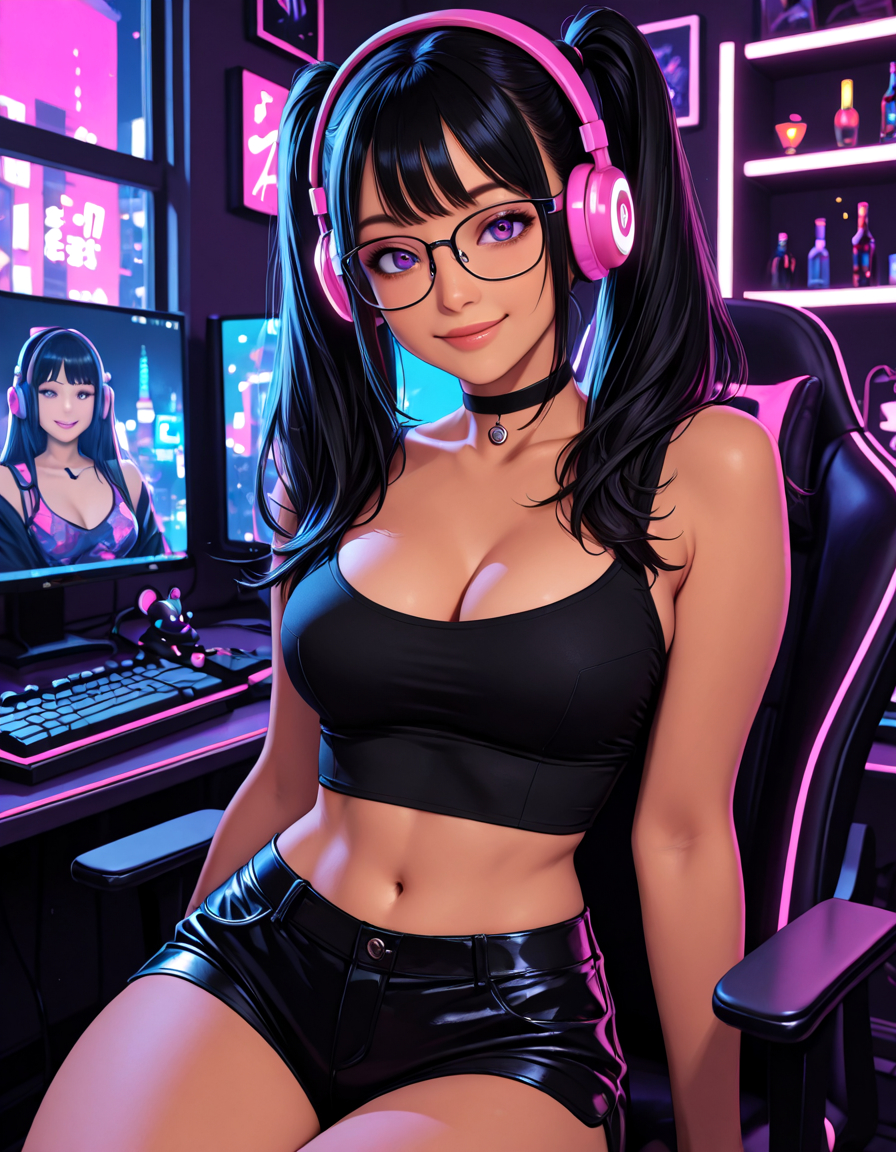
Why Bluey Triggers Internet Edge Lords and Conservative Parents
The Bluey Backlash Phenomenon
Okay so like, let’s talk about this weird Bluey hate that’s been popping up everywhere recently. I’m sitting here with my chunky pink headphones on, scrolling through my feeds, and I keep seeing these edgy memes dunking on what’s literally just a cute Australian cartoon about blue heeler puppies. Like, what’s the actual deal here? Why are people getting so pressed about a kids’ show that’s basically just about playing imagination games and having wholesome family moments?
It’s Not About The Show – It’s About The Audience
The first thing that becomes super obvious is that the hate isn’t actually about Bluey’s content. It’s about who’s watching it. The show has this crazy crossover appeal where adults without kids are genuinely enjoying it. And apparently, some people find that threatening? Like, how dare you enjoy something that wasn’t specifically made for your demographic!
I think there’s this weird insecurity where certain groups see adults enjoying “kid stuff” as some kind of moral failing. Like, if you’re not constantly consuming media that reinforces your edgy worldview, you’re somehow weak. But like, sometimes I just want to watch cute dogs play keepy-uppy, you know? It’s not that deep.
The “Woke” Dog Whistle
Then there’s the whole “Bluey is woke” thing. Let me get this straight – a show where the dad actually parents his children and shows emotional intelligence is now considered radical? Bandit Heeler kneeling down to talk to his kids at eye level is apparently communist propaganda now? Like, what?
This is where it gets really revealing. The complaints aren’t about the show’s quality – they’re about the show presenting parenting approaches that challenge certain traditional (read: authoritarian) models. When you see people getting mad about parents not hitting their kids or teaching emotional regulation, you’re not looking at media criticism – you’re looking at ideology defense.
The Generational Edge Lord Cycle
What’s really fascinating is how this follows the same pattern we’ve seen forever. Each new generation of teenagers goes through that phase where they hate whatever the younger kids are into. My generation did it with Barney, the generation before did it with whatever was popular then, and now it’s Bluey’s turn.
But there’s something different this time. The internet has amplified this cycle into something more vicious. It’s not just kids making fun of younger kids’ shows – it’s organized backlash campaigns that get picked up by conservative media outlets and turned into culture war talking points.
Why Bluey Specifically?
So why Bluey and not, say, Paw Patrol? I think it’s because Bluey represents something that threatens certain worldviews. Paw Patrol is basically just cute dogs doing jobs with minimal emotional depth. Bluey shows family dynamics, emotional intelligence, conflict resolution – all the stuff that certain ideologies want to dismiss as “soft” or “feminine.”
The show presents parenting as collaborative, imaginative, and emotionally engaged. For people who believe in strict hierarchical family structures and emotional suppression, this is genuinely threatening. It suggests there might be better ways to raise kids than what they experienced or believe in.
The Irony of Conservative Backlash
Here’s the funniest part – Bluey is arguably one of the most conservative shows on television in many ways. It presents nuclear families, traditional gender roles (the mom works, but she’s still very maternal), and values like respect, obedience, and family loyalty. But because it does so with emotional intelligence and without violence, it gets labeled as “woke.”
It’s almost like the actual content doesn’t matter – what matters is that it makes certain people uncomfortable by presenting alternatives to their preferred parenting models. The fact that it’s successful and popular just adds fuel to the fire.
The Real Lesson Here
What this whole Bluey backlash teaches us is that culture war nonsense will find anything to latch onto. If it’s not a kids’ show about cartoon dogs, it’ll be something else. The pattern is more important than the content.
But also, it shows that positive representation matters. The fact that Bluey’s portrayal of involved, emotionally intelligent fatherhood is considered controversial tells you everything about how far we still have to go. Maybe the people getting mad about Bandit Heeler being a good dad should spend less time making memes and more time examining why that concept threatens them so much.
At the end of the day, Bluey is just a really well-made kids’ show that happens to resonate with adults too. The backlash says way more about the critics than it does about the show. And honestly, if your ideology can’t handle the idea of dad playing imagination games with his kids, maybe your ideology is the problem, not the cartoon dogs.